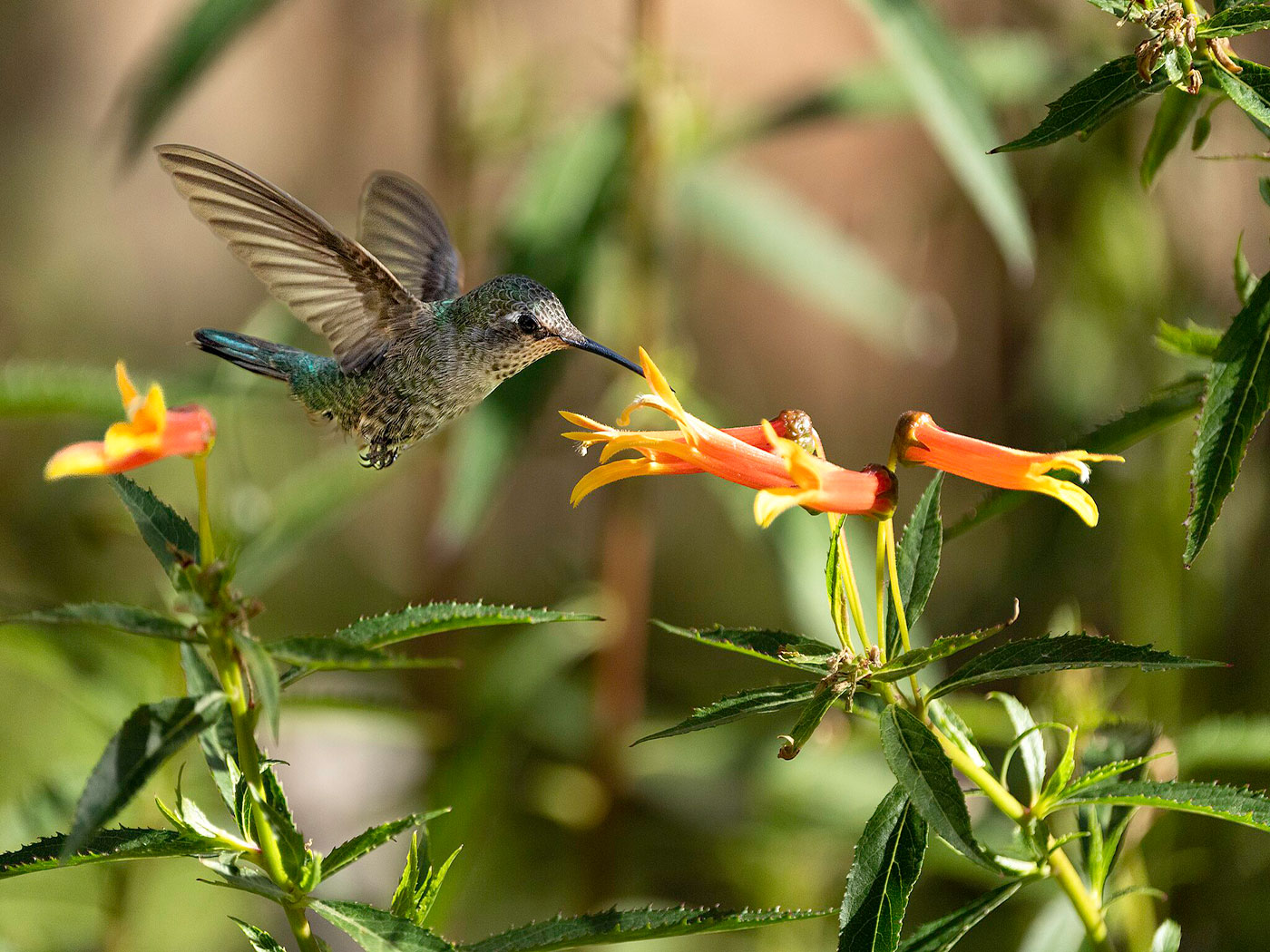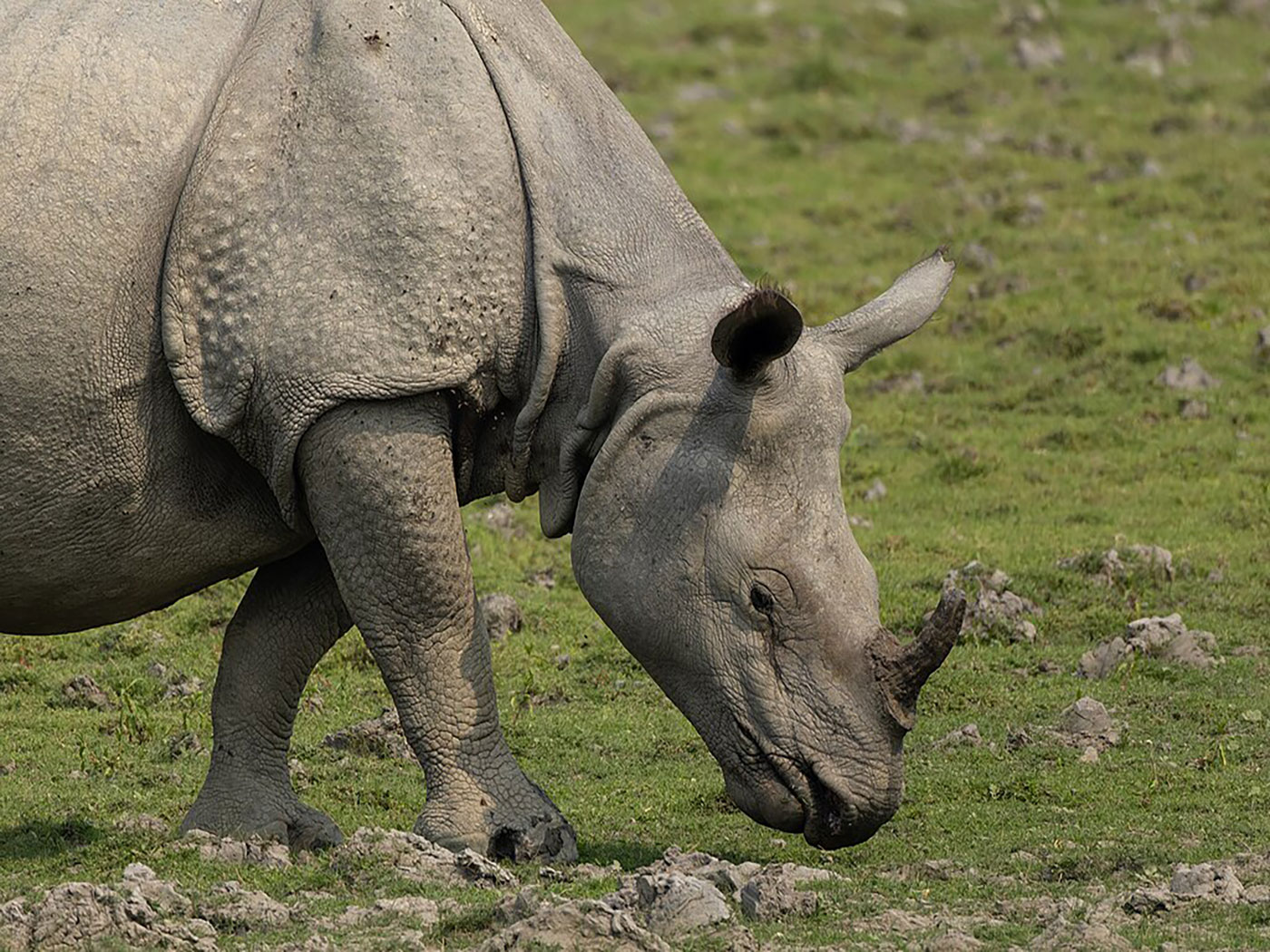The oil spill in the Gulf of Mexico has spawned concerns regarding the long-term negative impact on the area's ecology, and especially on local fisheries. These worries are based on the assumption that the oil would persist and, like an infamous pesticide from the 1950s, carry deadly effects up the food chain for many years. But a recent study showed that the oil is actually disappearing rather quickly.
The cause? Oil-eating bacteria, researchers found. They're important because "we'd have oceans covered with oil slicks if they weren't degrading,"1 according to Alan Mearns, a NOAA marine ecologist who commented for ScienceNOW. Forty to 50 million gallons a year naturally seep into the Gulf of Mexico, even before the Deep Horizon offshore rig disaster on April 20, 2010 added millions more, so these bacteria have been at work breaking down oil for a long time.
Microbiologists sampled a Gulf oil plume and found an increased concentration of oil-eating bacteria inside it.2 While the bacteria are capable of rapidly multiplying to quickly clean up even vast amounts of oil, their proliferation is limited by factors, such as oxygen and oil availability, at the microscopic level. But the team found that dispersants used during clean-up had broken up the oil and accelerated bacterial degradation. Also, oxygen levels inside the plume were sufficient for bacterial growth.
Study lead author Terry Hazen of the Lawrence Berkeley National Laboratory told The Washington Post, "We've gone out to the sites, and we don't find any oil, but we do find the bacteria."3 The research results "demonstrate faster-than-expected hydrocarbon biodegradation rates at 5°C."2 For this reason, scientists are optimistic that "the oil will be gone much sooner than people thought before."1
But those people had not taken into account the presence, let alone the effectiveness, of oil-eating bacteria that were made for specific purposes--to fill the earth by pioneering into its varied and changing environments, and to maintain optimal living conditions on the planet. The bacteria were found to be fulfilling these functions rather well. The Washington Post stated that the bacteria "not only outcompeted fellow microbes, they each ramped up their own internal metabolic machinery to digest the oil as efficiently as possible."3
The Creator and Sustainer of all life deserves credit for providing these bacteria that clean ocean water, rapidly adapt to process new oil sources, moderate oil spills, and maintain just the right conditions for life.4
References
- Minogue, K. Bacteria Are Gobbling Gulf Oil. ScienceNOW. Posted on news.sciencemag.org August 24, 2010, accessed August 25, 2010.
- Hazen, T. C. et al. Deep-Sea Oil Plume Enriches Indigenous Oil-Degrading Bacteria. Science. Published online August 24, 2010.
- Brown, D. Study: Petroleum-eating microbes significantly reduced gulf oil plume. The Washington Post. Posted on washingtonpost.com August 24, 2010, accessed August 25, 2010.
- Thomas, B. Does Earth Balance Carbon Dioxide Levels Automatically? ICR News. Posted on icr.org January 12, 2009, accessed August 25, 2010.
* Mr. Thomas is Science Writer at the Institute for Creation Research.
Article posted on August 27, 2010.












